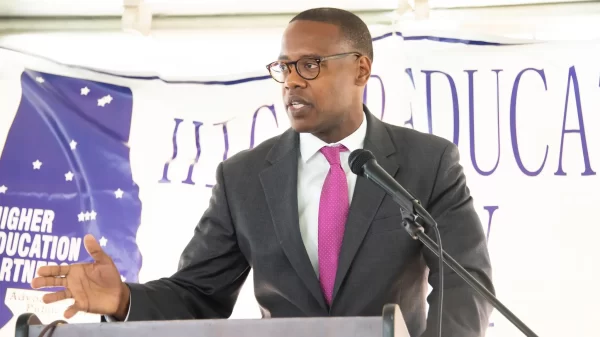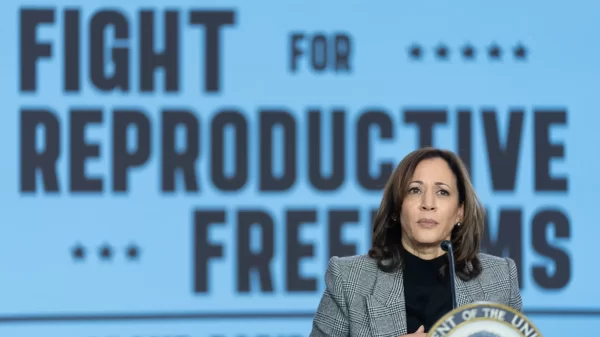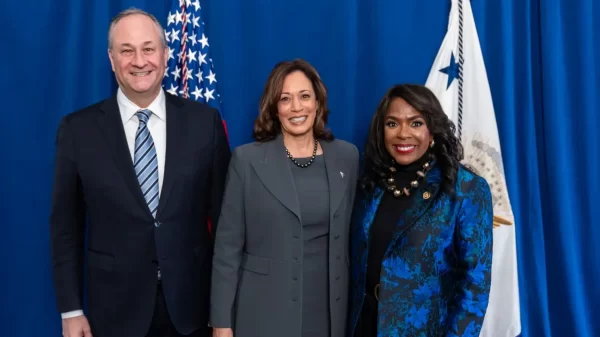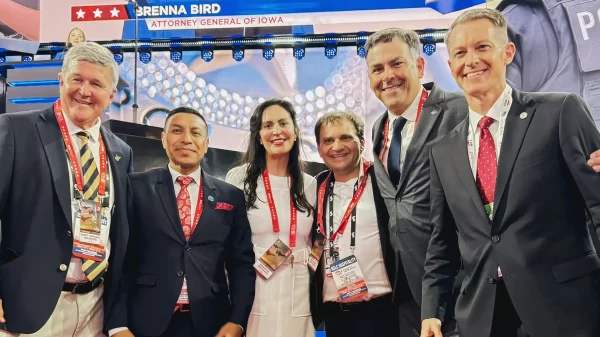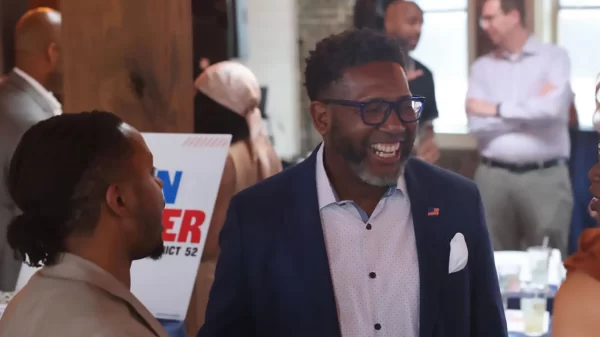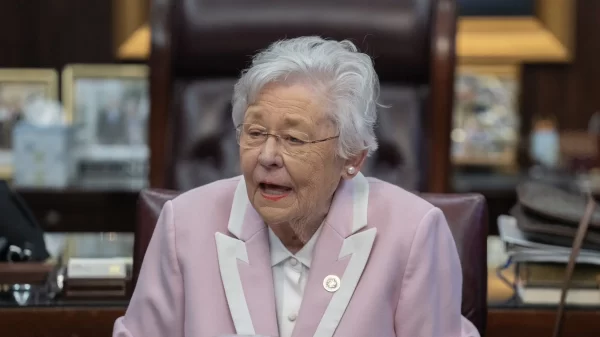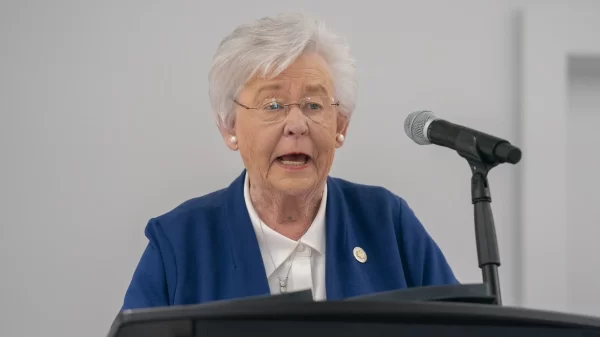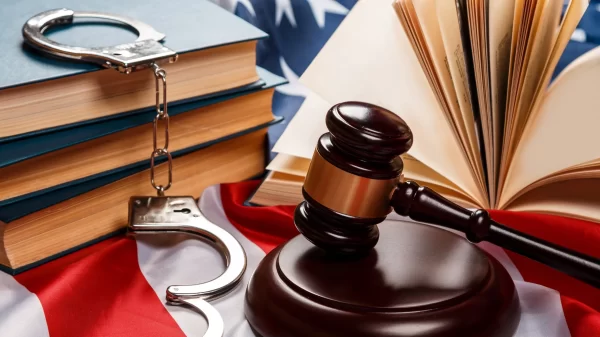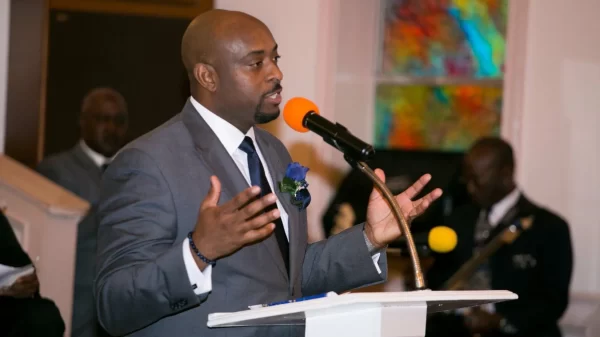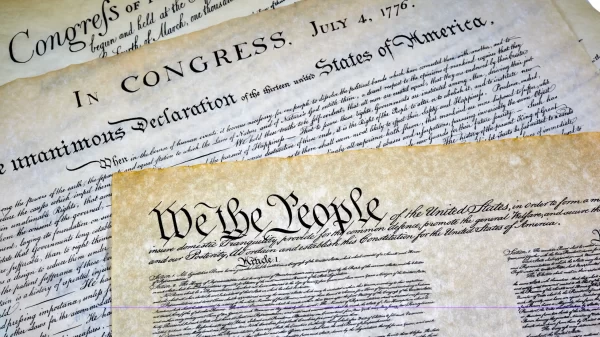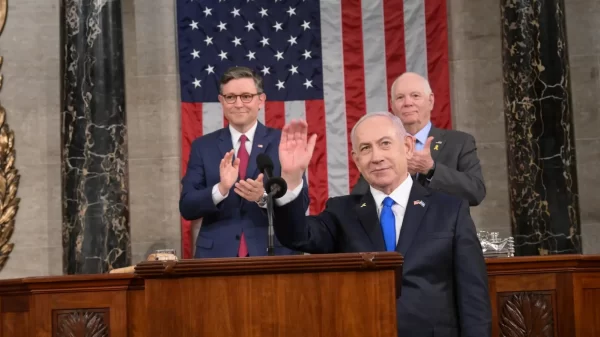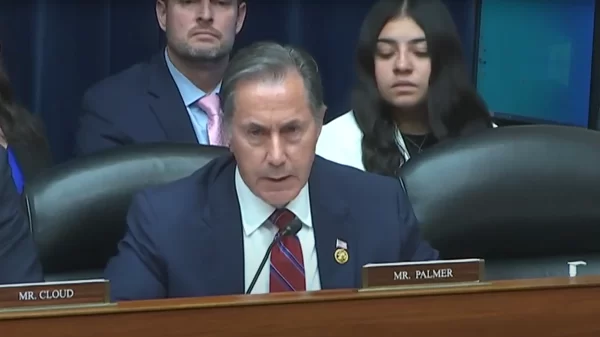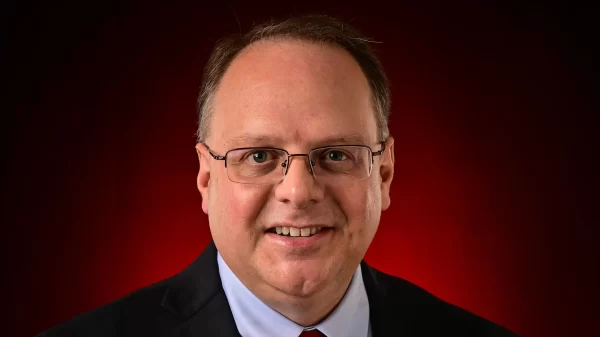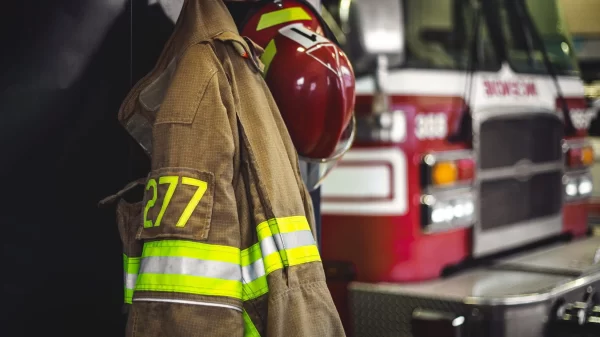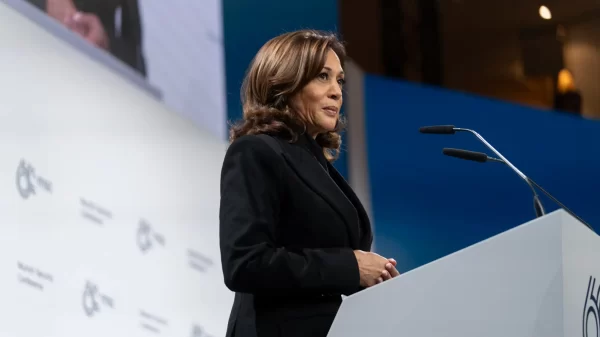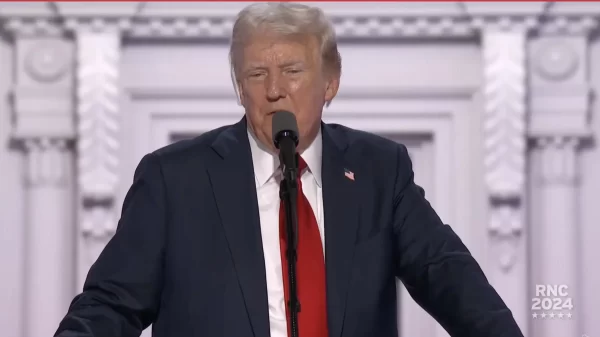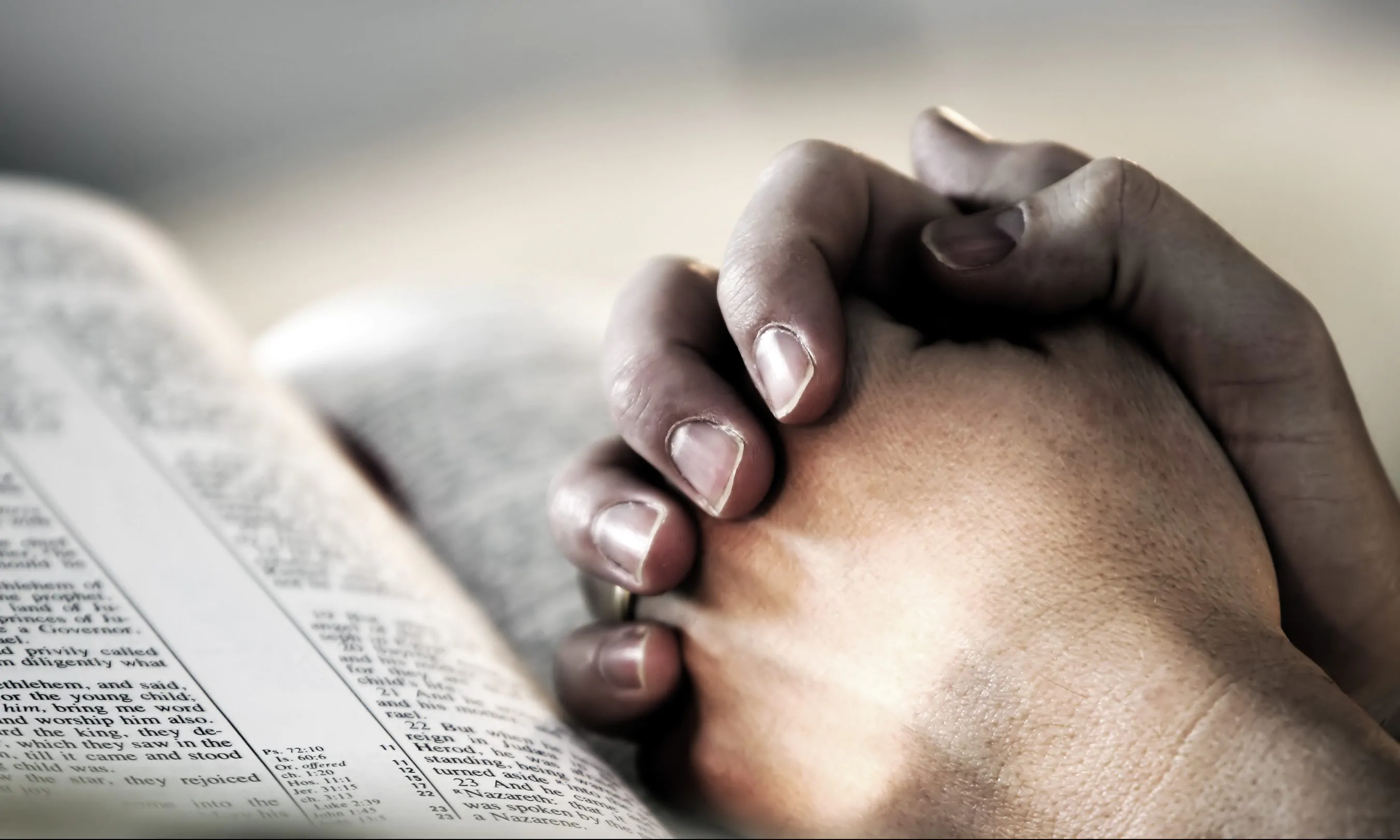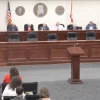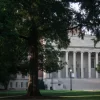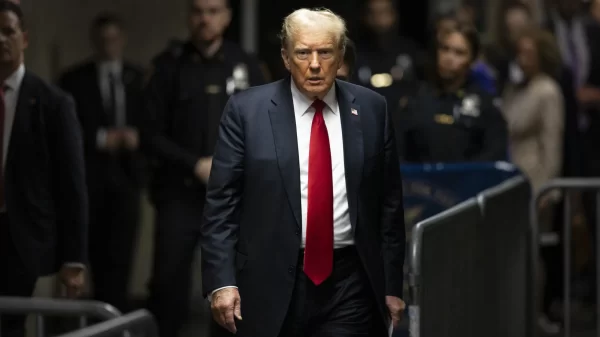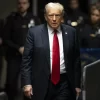Tuesday, Oct. 9, the Wisconsin-based Freedom From Religion Foundation (FFRL) announced that is has sent a letter to every school district in Alabama urging them to ignore what they call “erroneous advice from Roy Moore.”
The Montgomery based Foundation for Moral Law recently sent a memo to Alabama school superintendents explaining their view that student-initiated messages (including prayers) before football games and other school events are constitutional.
The Foundation for Moral Law said that the FFRF likes to quote Supreme Court decisions while twisting the meaning of those decisions.
The Foundation for Moral Law wrote, “Citing Lee v. Weisman (1992), FFRF argued that prayers at public school graduations are an impermissible establishment of religion, In fact, however, the 5-4 majority opinion in Weisman held only that school officials could not require a prayer and mandate its content. Justice Souter joined by two other Justices noted in his concurrence: “If the State had chosen its graduation day speakers according to wholly secular criteria, and if one of those speakers (not a state actor) had individually chosen to deliver a religious message, it would have been harder to attribute an endorsement of religion to the State.”
The Foundation for Moral Law was founded by former Chief Justice Roy Moore (R) and has staunchly defended school prayers said before football games and other sporting events.
The Foundation for Moral Law continued, “FFRF states that Abington Twp. Sch. Dist. v. Schempp (1963) declared unconstitutional devotional Bible reading and recitation of the Lord’s Prayer in public schools.” Again, the Court invalidated a state-prescribed exercise of religious worship. The Court did not forbid students from reading the Bible or praying in public schools on their own initiative. FFRF claims that Engel v. Vitale (1962) held that prayers in public schools are unconstitutional. Engel invalidated recitation of a state-composed prayer but, again, did not forbid student-initiated prayer. FFRF cites Santa Fe v. Doe, (2000), as a case that prohibits prayer at football games. But in that case the Court objected to the school holding an election as to whether to permit prayer. The Court’s objection was to the State’s heavy involvement in the process and also the potential divisiveness of voting on prayer. Our newest Supreme Court Justice, Brett Kavanaugh, when he was in private practice, authored an amicus brief in Santa Fe on behalf of two Congressmen that supported the right of students to pray.”
The Foundation for Moral Law argues that: “FFRF unsuccessfully tries to distinguish Adler v. Duvall County School Board, (11th Cir. 2001) which upheld a school policy allowing student-initiated graduation messages. They said the policy would fail if it “was found to be nothing more than the product of repeated efforts by the school district to inject prayer and other religious activities into school event.” Under the policy recommended by the Foundation for Moral Law, however, school districts do not inject prayer into school events but instead respect the discretion of students to deliver messages of their own choosing within appropriate neutral content guidelines.”
“The distinguishing feature in each of these cases is not the prayer but the state’s official action of prescribing the prayer or its content or determining who will deliver it,” the Foundation for Moral Law argues. “If the state stays out of the process, students are free to pray using the school microphone in what is known as a “limited public forum.” No court to our knowledge has ever held otherwise. FFRF has repeatedly accused the Foundation for Moral Law of seeking to force prayers upon students at football games. In fact, FFRF wishes to suppress the right of students to deliver their own messages (including prayers) in violation of constitutional guarantees of free speech and religion.”
FFRF has sent letters to all 133 Alabama districts asking: “That they not risk legal and financial liability, and protect the First Amendment rights of their students and community members, by refraining from broadcasting prayer over the loudspeaker before football games.”
“There is no deprivation of anyone’s constitutional rights when a public school chooses to follow the law by not imposing prayer on attendees at school events,” writes FFRF Patrick O’Reily Legal Fellow Christopher Line in his letter to the districts. “Keeping divisive religious ritual out of public schools protects the rights of all and ensures equality.”
The Freedom From Religion Foundation opposes any prayer in the public arena; while the Foundation for Moral Law has long defended acknowledging God.

